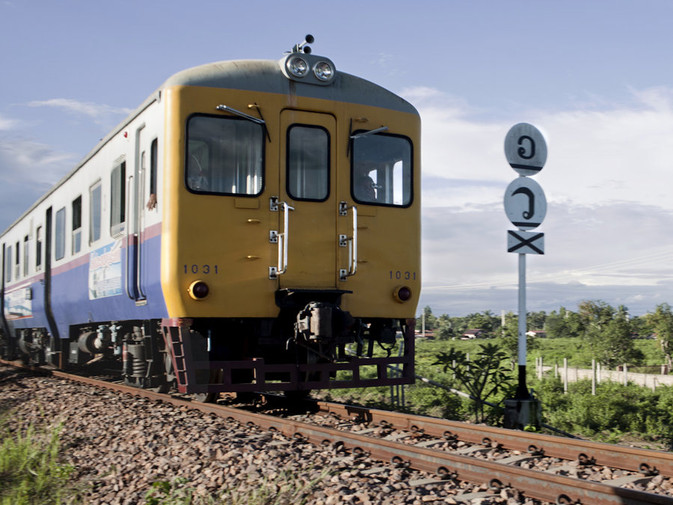Countries across the world that already operate or plan to invest in nuclear power plants are taking prompt action in response to the explosions at reactors in Japan, with many ordering a review of their plans in the light of the Japanese experience and the solutions the authorities there are pursuing.
Prime Minister Abhisit Vejjajiva yesterday ordered the Energy Ministry to review its plan to establish five nuclear power plants. The ministry has been instructed to study two issues in detail – emergency measures and nuclear plants’ potential as terrorist targets.
“Personally, the prime minister does not favour the construction plan. His concern is mounting given the problems in Japan, if Thailand is to adopt the Japanese model. Even with high technology, Japan has not yet been able to restore the cooling system. This shows there are flaws even when you have excellent technology,” said Government Spokes-person Panitan Wattanayagorn.
There are 442 reactors worldwide that supply about 15 per cent of global electricity, and a further 65 are under construction, according to the London-based World Nuclear Association. Fifty-four are in operation in Japan, where another two reactors are under construction and 12 more are planned.
There are plans to build more than 155 additional reactors, most of them in Asia, and 65 are under construction, the association said.
The Swiss government has come up with the most drastic move, with the decision to suspend plans to replace and build new nuclear plants pending a review of the two hydrogen explosions at the Japanese facilities following Friday’s devastating earthquake and tsunami.
Malaysia also wants to learn from the Japanese accident before taking a final decision on whether to establish its first atomic power plants.
“It’s best for us to learn from the investigation results and then see further,” Peter Chin, minister for energy, green technology and water, told Bloomberg. “What happened in Japan was due to an earthquake. On the Malaysian side, we have not decided anything yet.”
Indian Prime Minister Manmo-han Singh yesterday announced a safety review of the country’s 20 nuclear power reactors. India plans to spend US$175 billion (Bt5.3 trillion) by 2030 on nuclear generation.
The Finnish government has commissioned a safety agency to study contingency plans at its nuclear power plants in the wake of events in Japan. Finland operates four nuclear reactors and a fifth is being built.
US Senator Joseph Lieberman, an independent who heads the Home-land Security Committee, said the US should slow the construction of new domestic nuclear power plants until officials can assess whether the situation in Japan signals a need for additional safety measures.
Twenty-three nuclear power plants in the US were built according to designs that are similar to the Dai-Ichi plants in Japan, he said on CBS’s “Face the Nation”.
“I don’t want to stop the building of nuclear power plants, but I think we’ve got to quietly, quickly put the brakes on until we can absorb what has happened in Japan as a result of the earthquake and tsunami and see what more, if anything, we can demand of the new power plants that are coming online,” Lieberman said.
Though Japan’s accident, a month shy of the 25th anniversary of the Chernobyl disaster, may reignite debate about the safety of atomic energy, China pledges to go ahead with its plans. Some 25 reactors are under construction as part of a programme to increase installed capacity to 86 gigawatts, or 5 per cent of total electricity generation, by 2020. China’s 2011-2015 economic plan targets another 40GW of nuclear power to add to the 10.8GW of installed capacity from 13 reactors.
The day after the monster quake in Japan, Zhang Lijun, vice minister of environmental protection, insisted that China would not change its plan to develop nuclear power.
China has pledged to cut carbon emissions by switching to clean energy such as nuclear and wind power. It wants at least 15 per cent of its energy mix to come from non-fossil fuels by 2020 and is building more atomic plants to help meet that goal.
France’s Nathalie Kosciusko-Morizet, environment minister of a nation highly dependent on nuclear power with 58 reactors, said the country could not forgo nuclear.
Source: http://www.nationmultimedia.com/2011/03/15/national/Thailand-reviews-N-power-30150908.html
